
Commencement of joint venture megafarm projects including the K100 billion initiative under Mpatsa Holdings Limited and GBI Holdings Limited—a subsidiary of the Greenbelt Authority (GBA) continues to delay due to financial constraints.
Times Business has established that there is no development on the ground despite initial arrangements that a special purpose vehicle, dubbed Mpatsa Greenbelt Mega Farms Limited (MGMF), was expected to commence irrigation farming after the rain-fed agriculture cycle earlier this year.
The project is expected to have three components which are primary agriculture, value addition and commodities trading.
A strategic Business Plan for the initiative shows that Mpatsa Holdings will have 60 percent shareholding in the company and 40 percent will go to the GBA.
Among other things, Mpatsa Holdings has put in 700 hectares (ha) of land from its Khonjeni farm in Thyolo, Rathdrum Farm of 350ha and Namadzi Estates in Zomba District, which has 420 ha.
The government was expected to make an initial investment of K6.7 billion to commence operations under the project.
In an interview on Wednesday, Mpatsa Holdings Limited Chief Executive Officer Jimmy Korea Mpatsa said, to date, GBI Holdings is yet to come forward with equity contribution, which means the project is at a standstill.
“We did our part. We applied to the registrar to transfer our farms into the joint venture company, the company that is jointly owned by us and GBI Holdings.
“Unfortunately, we have been engaging them on several occasions to seek their advice on how we can move forward, because the only thing that has been remaining is their equity contribution,” he said.

According to Mpatsa, the firm is using its own resources to manage the firms, obviously, “at a very small scale, not to the extent that we had envisaged”.
GBA Chief Executive Officer Eric Chidzungu said the firm is awaiting funding from the Treasury and is discussing the financing model for all public private partnership deals.
“Since the talks are at the right level, our expectation is that before the fiscal year ends, we should strike that arrangement. At the end of the day, you have to account for how the Treasury gave you funds and how you are going to use the funds.
“We are wholly infested with the operationalisation, because the funds come to us. However, in a joint venture, as you can appreciate, it becomes a special demonstration, meaning it becomes a hybrid,” Chidzungu said.


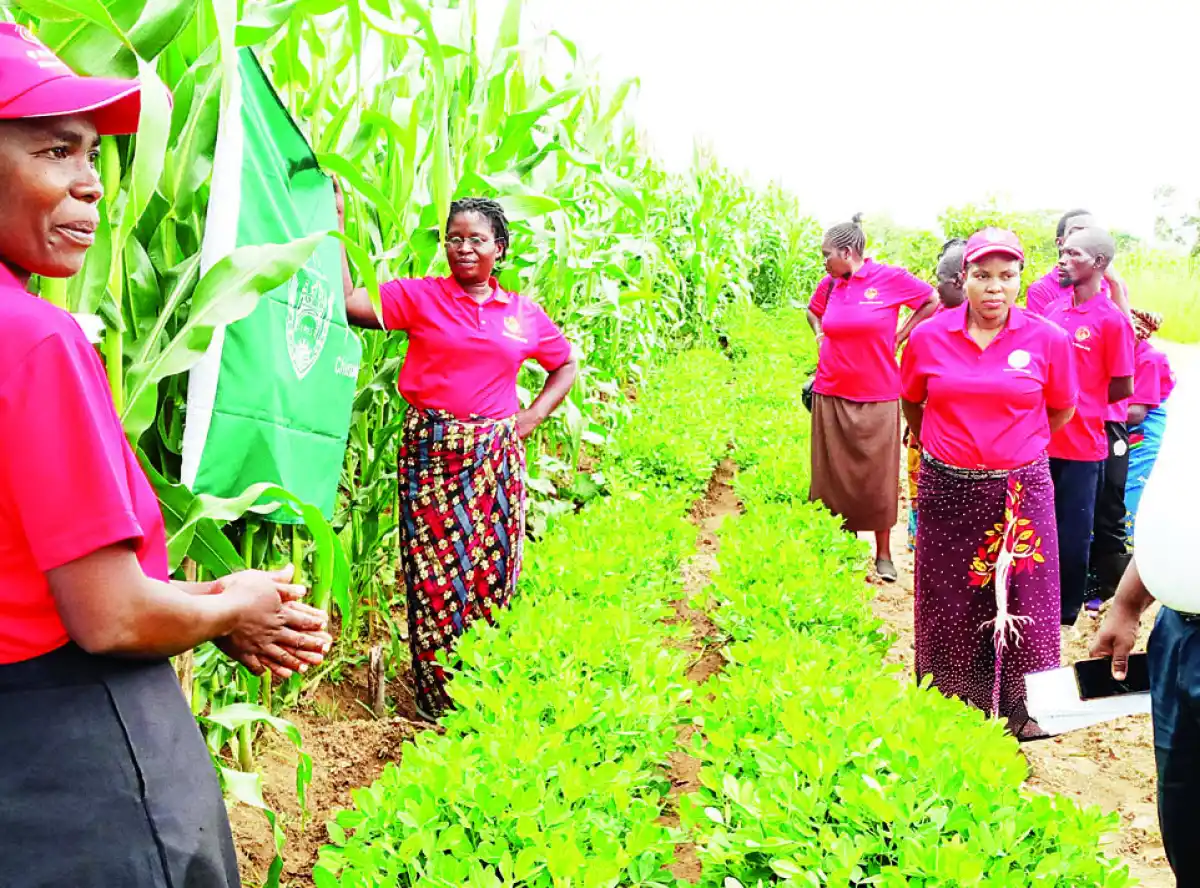
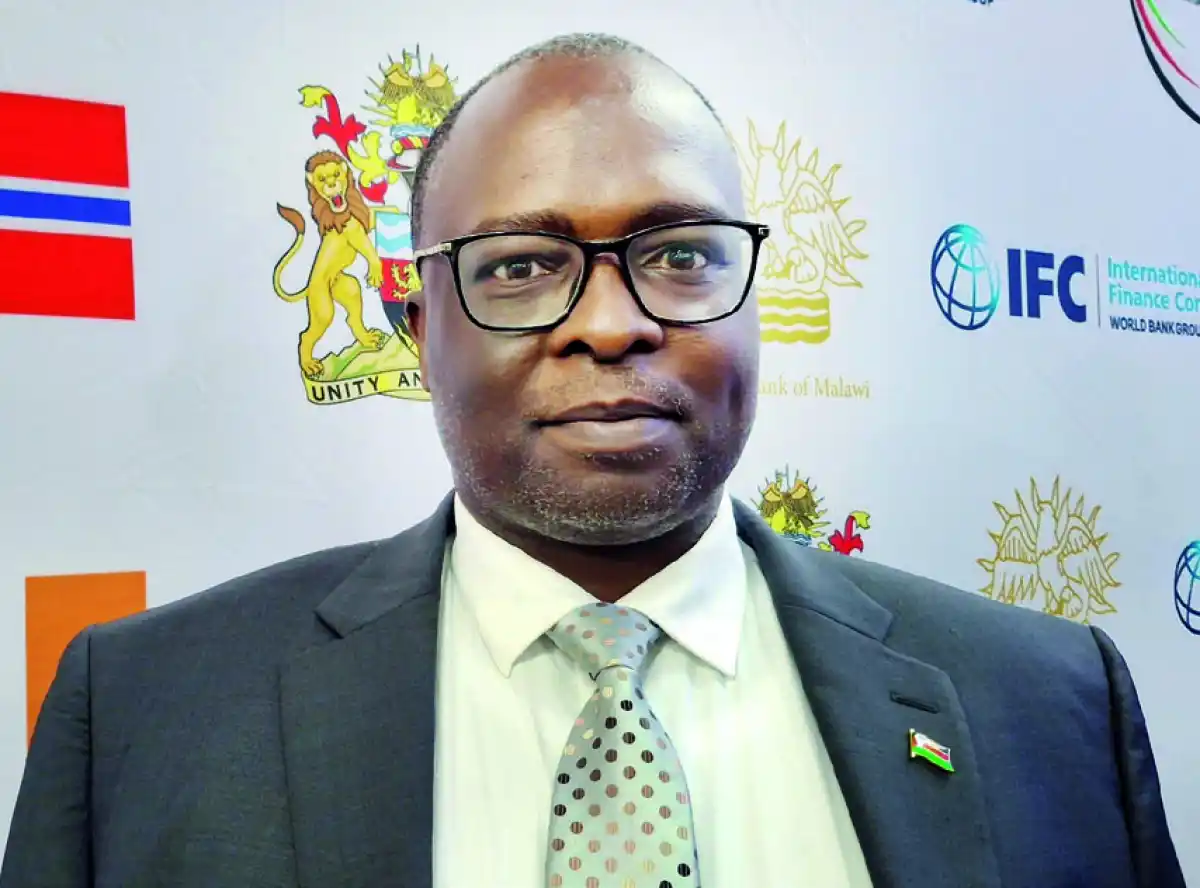
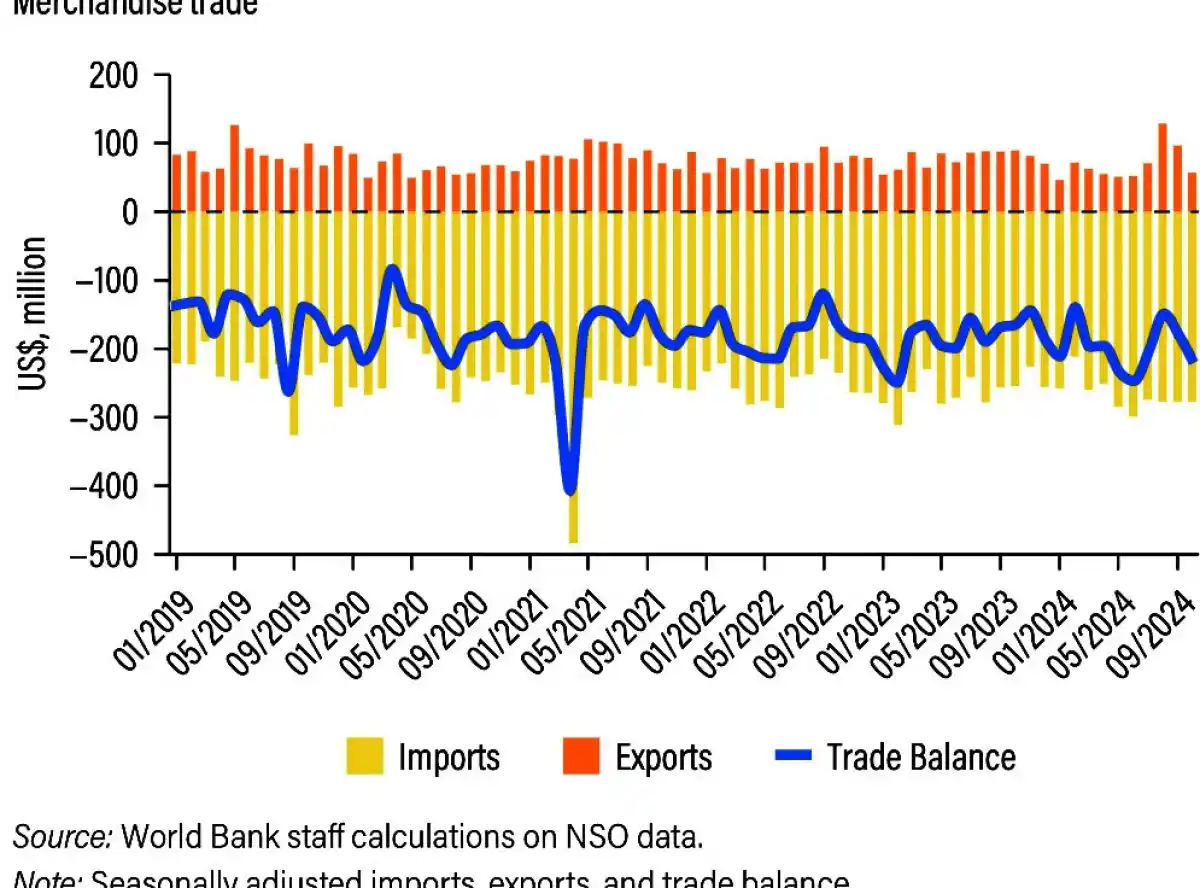
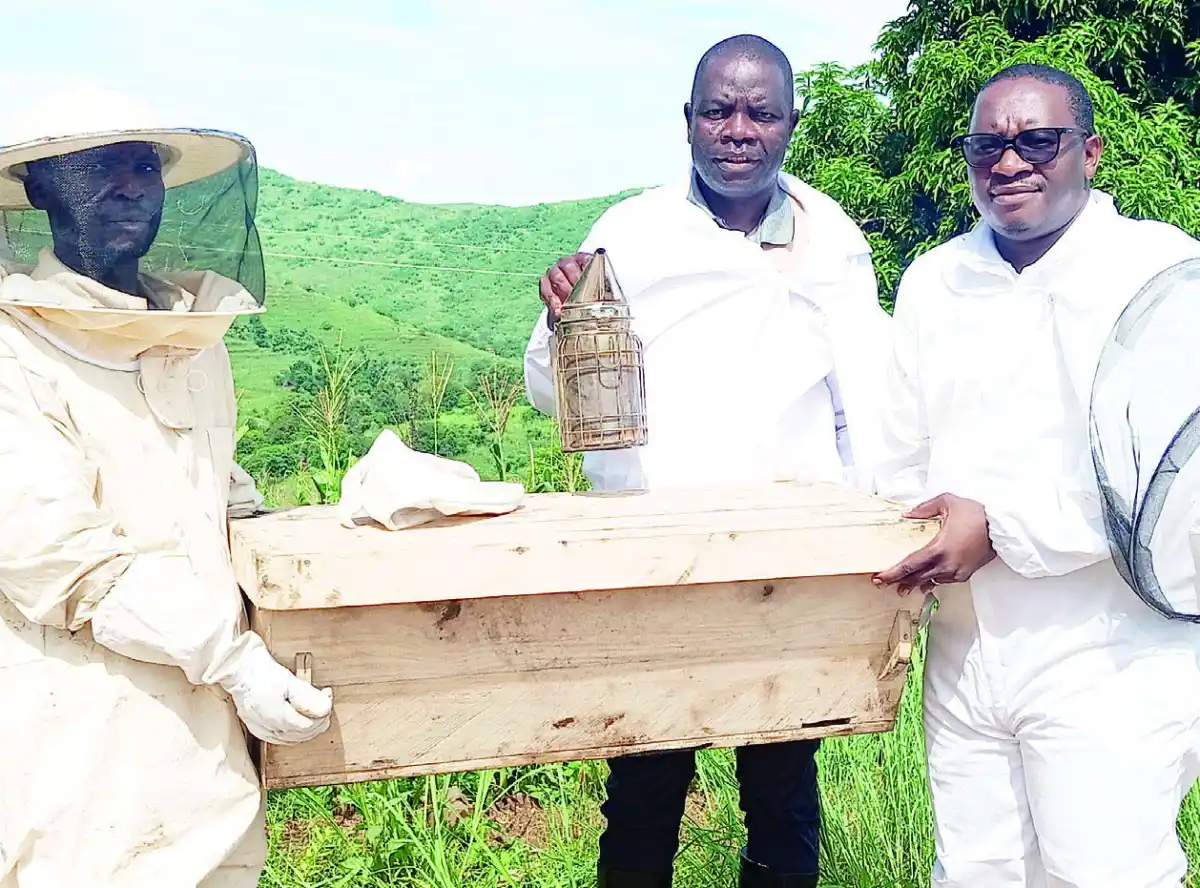
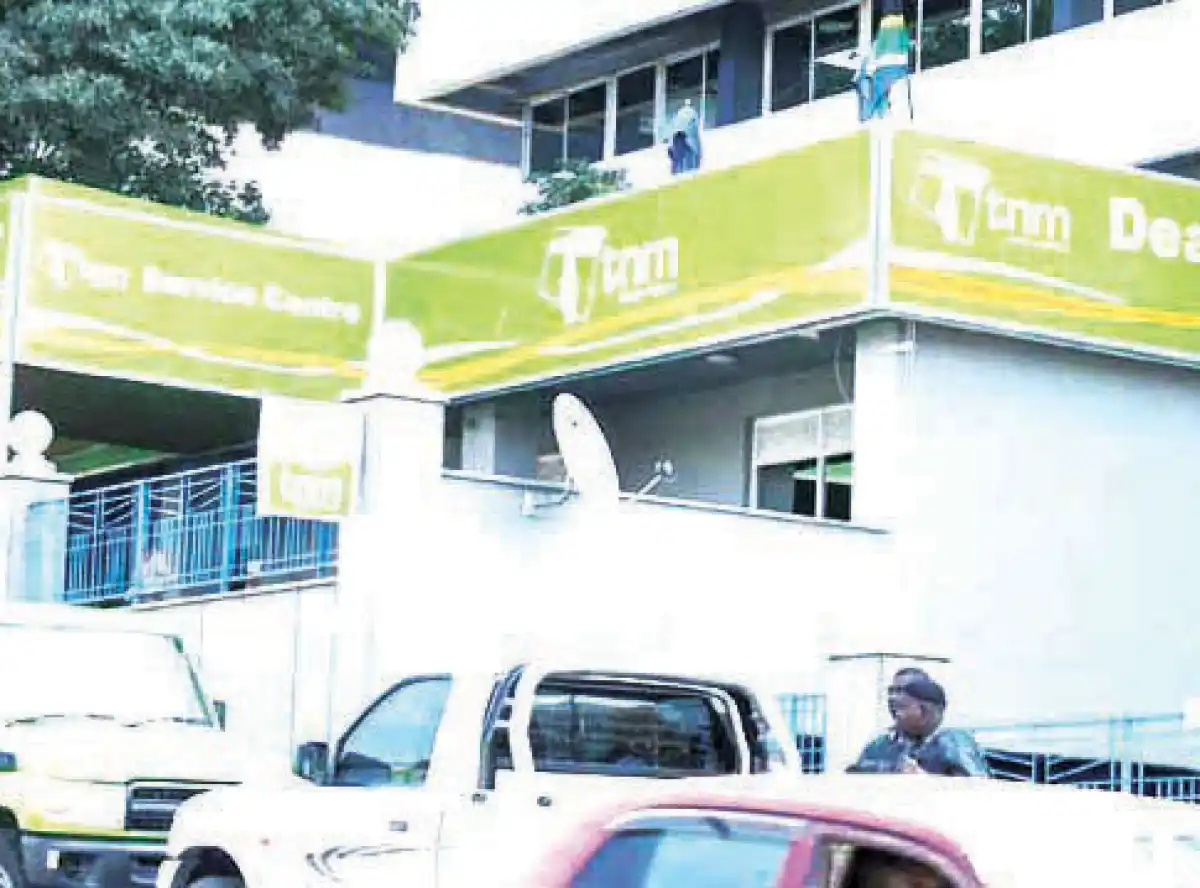

0 Comments